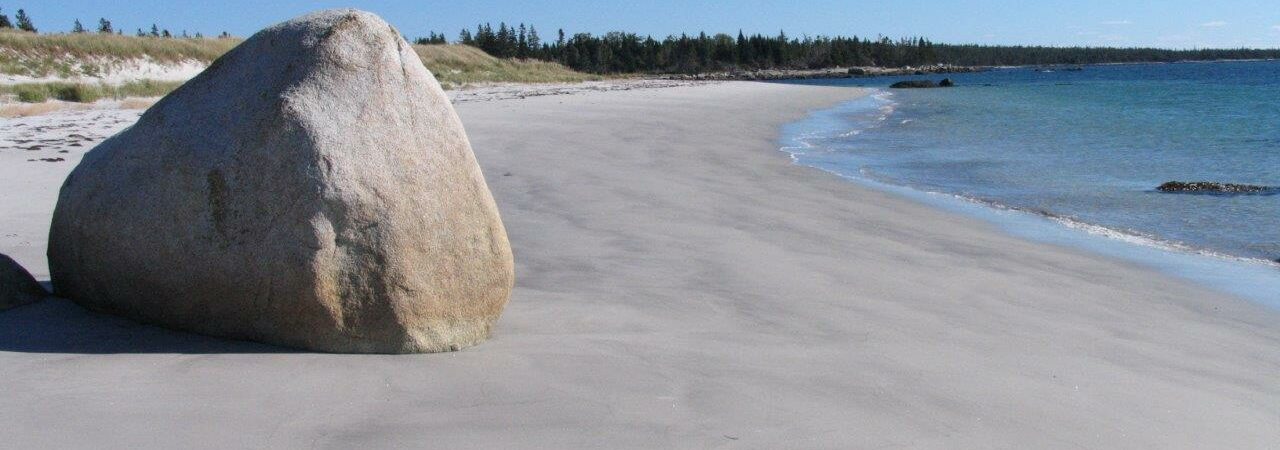The word Equilibrism is composed of the Latin language roots equi (equal) and libra (balance). Equilibrism thus means a balance between nature and human cultural space, which must lead exclusively to a socio-ecological economic system in which we humans do not live in conflict with nature, but in harmony with it.
In our early days, we were supported by such well-known personalities as Sir Peter Ustinov, Lord Yehudi Menuhin, Thor Heyerdahl, Daniel Goeudevert, Hermann Scheer, Helmut Creutz and Jean Ziegler (see “Our supporters”). Sir Peter, who also wrote the epilogue to our non-fiction book “Equilibrism – New Concepts instead of Reforms for a World in Equilibrium”, urged us to bring the alternatives bundled in the book, which are to generate quality of life again instead of destruction and greed, to the attention of a wider audience.
This is how the novel The Tahiti Project came into being, which makes our socio-ecological economic model tangible in a sensorial way. In the follow-up novel The South Sea Virus/Maeva! the positive virus is carried from Tahiti to the world. Fire at the Foot, the third volume of the trilogy, depicts the downfall of our civilisation and the awakening of a new consciousness.
But the trilogy is only an intermediate step on our path. Our goal is a model project (real and/or cinematic) with which we want to prove to the broader public that the gap between rich and poor is not absolutely necessary, that such important social issues as mobility, energy, basic services, building biology, land law, agriculture, the monetary and tax system, parliamentary reform, architecture, education and health can be solved satisfactorily if these work together and are fostered in the same spirit. What did Socrates say? “It is not the life that matters, but the conduct of life“. In all the fields mentioned above, there are enough new ideas that have unfortunately been successfully prevented by capital interests so far.
In the meantime, however, ecological and economic conditions have changed so dramatically that we have no choice but to radically rethink. Until now, the apologists of the devastating growth philosophy have spoken exclusively of resources when talking about nature. They put a price on everything. This way of thinking is not devoted to life, but to a capitalist fairy tale. The sell-out of our resources, however, prohibits the continuation of such a way of seeing and acting. People no longer want to accept that every one of their productive actions is pressed into a global economic system in order to be given value. They long for identity, they literally hunger for a positive perspective.
It starts when we start to act!




